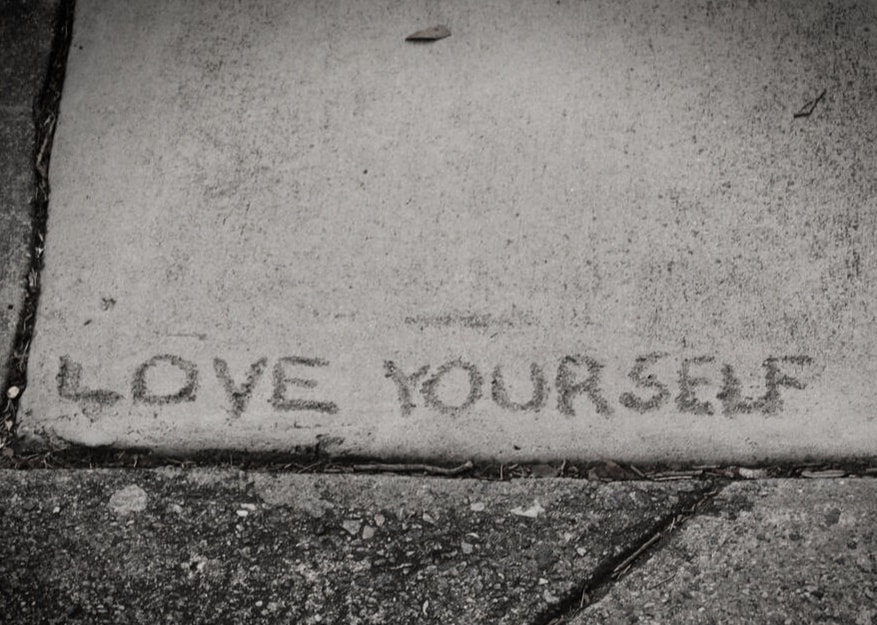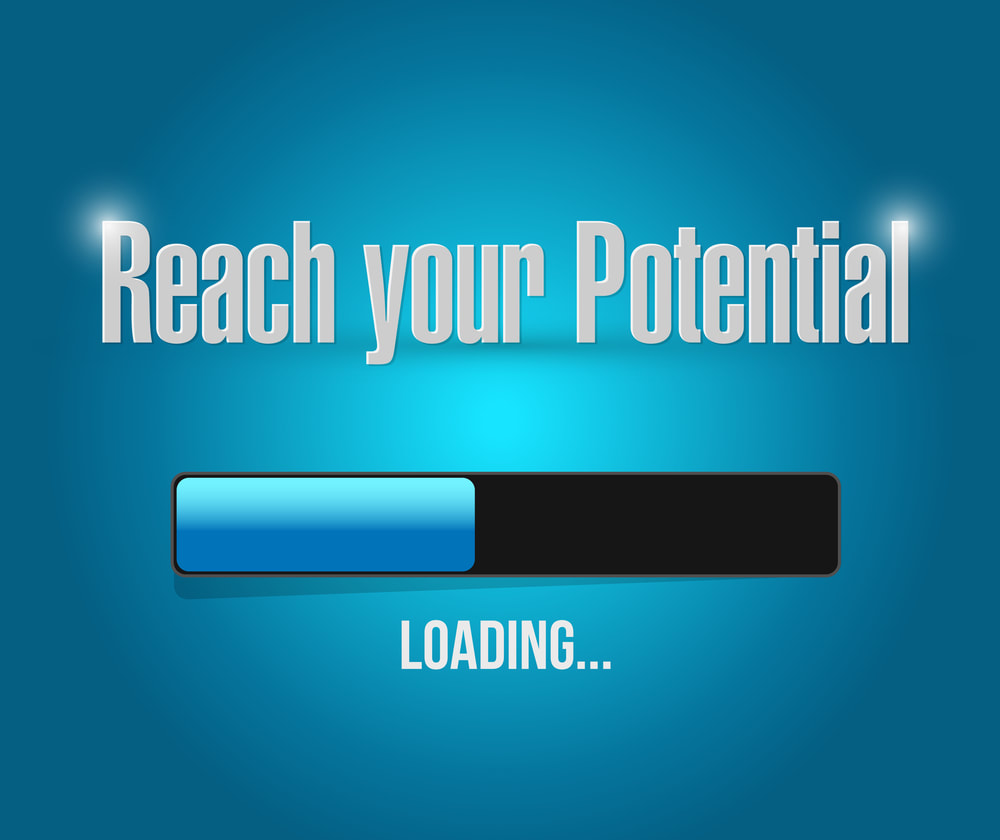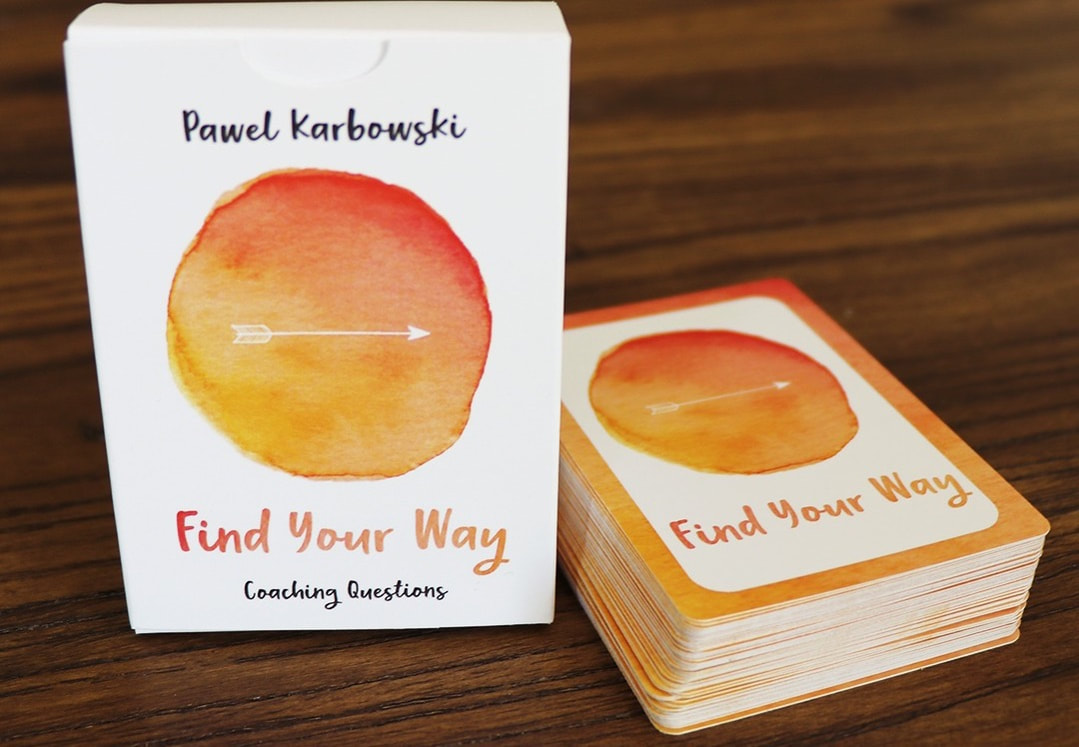|
I remember doing a Self-Esteem exercise while I was studying to become a coach. What I loved about the Noble Manhattan Coaching training was that we had to do all work on ourselves.
Talk about furthering your own personal growth and development. How could I work with clients if I had did not know and experience all the growth myself. I loved the changes that I was making to my own behaviour patterns as I was learning how to apply them professionally. 16 years later I still believe it to be the best coach training - even if I had not become a professional coach. The benefits from doing the work for myself improved the quality of my personal and professional life no end and still does. Self-esteem evaluation Exercise Answer the following questions, giving each one a score out of 10 using the following scale: Totally agree with the statement Completely disagree
As it is out of a total possible high score of 10 you will gain an insight into where your self-esteem is at. If you want to start with some self-coaching consider these thoughts: One of the most powerful words in the English lexicon today is “trigger.” We are finally accepting that there is a spectrum of internal and external influences that can legitimately take us off course. We understand that a person, place, object, event, even a smell can trigger an emotional response so potent, we can be transported back to a trauma we’ve worked hard to forget, or come to terms with. These triggers can threaten our well-being and disrupt feelings around our core values. They can appear out of nowhere and make us feel powerless.
As an aspiring leader, a trigger can become your biggest obstacle. A strong, effective leader needs to be able to identify their emotional triggers, understand what can set them off, and steel themselves when these triggers threaten to topple everything they’ve worked for. Here are some strategies to help you identify and deal with those triggers so you can grow and develop into the leader you are meant to become. What’s your most cherished value? We all have driving forces that keep us inspired and motivated, whether it’s supporting our loved ones, giving to those in need, finding fulfillment in our work, or making a difference in our community.
Determining your most cherished value and using it to your advantage can drastically change your approach to your work, infusing you with additional internal motivation, says Rebecca Greenbaum, Ph.D., professor of human resource management at Rutgers University’s School of Management and Labor Relations. That’s where value triggers come in. Value triggers are items that represent something that matters deeply to you — for example, Every summer, many people put aside their work, daily stresses and responsibilities and escape on a vacation, somewhere far away from reality. It may be a secluded retreat in the mountains, a camping trip with the kids, an arranged tour in another country, an Alaskan cruise, or days relaxing at an exotic beach or resort.
However, with the current pandemic including social distancing and travel restrictions, along with financial constraints for many, those plans may have to be temporarily shelved. But the desire to escape reality – for just a bit – is very much alive. So, with many people remaining in their homes, how can that off-work journey happen? We have some tips for making the best of the situation and creating cherished vacation memories without ever leaving home. It’s called a staycation. What’s a staycation? Ever been asked to say a few things about yourself? Perhaps you said you’re a good communicator, attentive to details, or a team player. The point being, we all define ourselves in a certain way. Here’s the paradox, though; It’s not what you say that is an accurate representation of who you are, but rather what you show yourself to be. That’s how people judge you. They respond to the image you project. As such, it’s critical to focus on what you do rather than what you say. If you want to sell yourself to the world in an authentic way, focus on these four really small things because they say a lot about you. This way, you’re guaranteed to make a lasting impression and command respect from people. By Diana Raab, PhD, Award-winning author/poet/blogger/speaker
I have always believed, and I still believe, that whatever good or bad fortune may come our way we can always give it meaning and transform it into something of value.” ~ Hermann Hesse The way in which you deal with the stresses and our ‘new norm’ bestowed on us by the pandemic, could be an indication of how resilient you really are. Resilience is defined as the ability to withstand or recover from difficult situations. It’s the ability to ‘spring back,’ in spite of all odds. It’s how you’re able to restore equilibrium in your life during or following upheaval. In recent months many of us have encountered many new challenges, personal, economic, psychological and/or emotional, and it’s certainly a good test of resilience. Learning how to respond to a situation rather than just reacting to it brings huge rewards. Needless to say, it is one of those behaviour changes that is easier said than done. However it can be achieved.
Responding rather than reacting means you will have taken time to consider the situation and which response and consequent outcome best suits you. The difference between reacting and responding:
To react means you are not able to influence your emotions and you act emotionally rather than from a place of clarity. What you can gain by stopping knee-jerk reactions is a sense of strength, achievement, power to influence, calmness, plus an increase in your self-esteem. The rewards will be felt not only in your private life, but also at work. By Marcel Schwantes at Inc. In 2016, the World Economic Forum released its fascinating Future of Jobs Report, where they asked chief human resources officers from global companies what they saw as the top 10 job skills required for workers to thrive by 2020. One skill projected for success in 2020 that didn’t even crack the top 10 list in 2015 was — you guessed it — emotional intelligence. According to many experts in the field, emotional intelligence has become an important predictor of job success for nearly two decades, even surpassing technical ability. In one noteworthy CareerBuilder survey of more than 2,600 U.S. hiring managers and human resources professionals, it was found that “fifty-nine percent of employers would not hire someone who has a high IQ but low [emotional intelligence].” In fact, 75 percent of survey respondents said they’re more likely to promote someone with high emotional intelligence over someone with high IQ. Companies are placing a high value on workers with emotional intelligence for several reasons. In my own studies and observations over the years as a leadership coach, here are six that really stand out... By Elaine Lipworth, Content Writer at Thrive Global The coronavirus pandemic has brought with it a massive and widespread spike in anxiety. To cope, family members and friends are leaning on each other for support and guidance — looking for ways to alleviate one another’s stress and fear, and sometimes simply seeking help to get through the day. We all need someone to listen to us, and fortunately, you don’t have to be a professional therapist to listen well and help improve someone’s state of mind. “If you are fully listening to someone who is upset, whether that’s face to face or virtually, it allows that person to feel connected and less isolated,” Vanessa Jung, Psy.D., a clinical psychologist in Torrance, California, tells Thrive. Listening with empathy is a gift. “We can’t solve the world’s problems, or an individual’s problems either,” says Jung, “but we can give someone the benefit of our time and our full presence.” By Leo Babauta, Creator of Zen Habits. Vegan, dad, husband.
For the last dozen years, I’ve been living a (relatively) simple life. At times, the complexity of my life grows, and I renew my commitment to living simply. Living a simple life is about paring back, so that you have space to breathe. It’s about doing more with less, because you realize that having more and doing more doesn’t lead to happiness. It’s about finding joys in the simple things, and being content with solitude, quiet, contemplation and savoring the moment. I’ve learned some key lessons for living a simple life, and I thought I’d share a few with you. ... By Marcel Schwantes
Ever wonder if you're true leadership material? Perhaps you've been told you are, but the question is, by what standard? Thousands of leadership books are written each year, many of them with marketing agendas to rehash and repackage what has been talked about for decades. What is true about leadership that will remain unchanged through the centuries is this: It's about people and relationships. And that requires that leaders have a natural bent for both. If you're not into either, you're not a leader. And you can start with the proven fact that great leaders aspire to lead by serving the needs of their people. You don't need flavor-of-the-month books and expensive formal training to learn this concept. But you do need to develop and measure yourself against the standards of great leadership (which I strongly propose to be servant leadership). Here are four top leadership characteristics I have witnessed that float to the top. Do any describe you? by Marcel Schwantes
So much has been written about the burgeoning happiness movement. While combing through my own research and notes on what happy and successful people do, it struck me how intentional they are about choosing the right mindset to become happier and more optimistic. While countless books have been written on happiness, I'm narrowing this article down to a working template for living life to the fullest. Here are seven sure signs of the happiest people. 1. They choose to have healthy relationships. I've learned to be picky over the years about whom I let into my inner circle of friends. Why? Because I believe close relationships are the key to sustaining happiness. One profound longitudinal study proves this. For 80 years, researchers followed 268 men who entered Harvard in the late 1930s through war, career, marriage and divorce, parenthood and grandparenthood, and old age. Robert Waldinger, a professor of psychiatry at Harvard Medical School and the current director of the study, told the Harvard Gazette: "The surprising finding is that our relationships and how happy we are in our relationships has a powerful influence on our health. Taking care of your body is important, but tending to your relationships is a form of self-care too. That, I think, is the revelation." For participants, half of whom are still alive as of this writing, the only thing that really mattered was their relationships to other people. by Kelly Miller, Positive Psychology. com
So many humans are walking around this planet unaware of the impact they have on the people around them. Within each of us is a tremendous capacity to affect change. Yet, too many of us simply react to the creations of others. Being self-aware and practicing daily reflection and introspection allows each of us the opportunity to find what we really want out of this precious life. We are all susceptible to outside influence and personal bias. Without self-awareness, we are even more susceptible. When one can accomplish self-mastery through a deep understanding of the internal self and the public self through the attainment of true self-awareness, real freedom can be achieved. Let’s explore more: Is Self-Awareness the Same as Self-Reflection & Introspection? By Alexandra Hayes, Multimedia Reporter
While at work, I find myself looking for ways to be a productivity wizard. Often, I tend to hit a wall around 4 p.m., but my job, which consists mostly of writing, requires my brain to function like a well-oiled conveyer belt, delivering fresh, coherent thoughts as they are needed (and I like it this way!). Not all assignments require the same level of focus, so one way I’ve learned to optimize my time is by doing the labor-intensive tasks first. I’ll start whatever it is early in the morning, and I’ll chip away at it for however long my brain continues to produce quality work for. For the most part, this strategy works for me. I dedicate my most productive hours to my most demanding tasks, and getting a head start on those items alleviates the anxiety that can be induced by intimidating deadlines, and the disappearance of time. By Carol Tuttle Overwhelmed, scattered, totally worn out. Does that ever sound like you? Even though you’re committed to work-life balance, sometimes equilibrium isn’t as easy to find as you’d like. Most advice suggests that you set boundaries, manage time better, and practice self-care. Yes, those are important. But if you’re juggling a hundred balls, you need an overall strategy to calm things down — not just tactics that give you more to do. Consider the possibility that you can have work-life balance with a simpler (and even counterintuitive) approach. Where your balance (and imbalance) actually comes fromIt’s easy to look at your emails, phone calls, meetings, and to-do’s and believe that they are the problem. Everything coming at you is just too much! by Suzie Doscher, Executive Coach, Life Coaching and Self-help Author
Knowing you have the skills to bounce back, not only on an intellectual and but also feeling this on an emotional level is true strength. Resilience in my opinion is knowing that no matter what comes your way - you can handle it. You know you have the strength and confidence to get up, dust yourself off and move forward. Your self-esteem is strengthened by this ability. You have the confidence to figure out and fix, or change whatever has set you back. This might sound easy so it is important to remember that when emotions are present (have been triggered) I can handle this is not necessarily the first thought or feeling that might occur. Neuroscience has proven when emotions are present the brain’s cognitive resources are the first to be disrupted. In other words emotions overpower thinking in that moment. When a situation results with you feeling stressed, kicked down, frustrated, angry, unsupported, alone, confused, overwhelmed etc. - these feelings are the emotions triggered by whatever happened in that moment. By Michael Schneider
The transition from individual contributor to manager is not an easy one. In many cases, the skills that got you the promotion will not be the same ones that make you effective as a manager. Luckily, we have organizations like Google that have spent years researching this transition, to help us demystify the secrets to new managers' success. Using Project Oxygen, an internal study that analyzed more than 10,000 manager impressions including performance reviews, surveys, and nominations for top-manager awards and recognition, Google identified eight habits of highly effective managers. Google also designed a management training workshop to share its newfound knowledge with its bosses and now the world. Through the company's Re:Work website, a resource that shares Google's perspective on people operations, Google posted this training presentation in hopes that it could benefit all. Let's take a look at the six key attributes that Google instills in its managers. By Michael Coren
Life coaches’ careers are taking off. The occupation, which hardly existed a few years ago, has now become indispensable to the careers of everyone from Oprah Winfrey and members of the (formerly wildly dysfunctional) Metallica, to average professionals trying to improve their lot. While the US Bureau of Labor Statistics does not collect data on life coaches just yet (it groups them with other types of trainers and counselors), the International Coach Federation estimates (pdf, p. 8) that there are now 17,500 coaches (outside of sports) working in North America alone as of 2015. Working with a mix of business and private clients, they earned an average income of $61,900—nearly twice the US median annual wage. Since the late 1980s, Google’s Ngram index shows the mention of life coaches growing exponentially. Google Ngram estimate of frequency of “life coach” in books scanned by Google Life coaches help their clients identify goals, remove barriers, and encourage regular progress for days or years. Most clients, according to the ICF (pdf), are managers who use coaches to help them in their career, but the number of clients using coaches in their personal life is growing as well. Guest post by Nate Regier for the Seapoint Center
Ask anyone about “conflict” and you’ll most likely hear negative descriptions such as: painful, damaging, draining, upsetting, disrespectful, demeaning and relationship-destroying. Most people dread conflict and can’t imagine how they could turn conflict into an energy source because they don’t understand what it really is. Conflict is simply energy – the energy caused by a gap between what you want and what you are experiencing. The energy of conflict can be misused in “drama” or it can be harnessed to create something positive and useful. The Cost of “Drama” Drama is created by “struggling against self or others, with or without awareness, in order to feel justified about our negative behavior.” by Mayo Oshin, Juggling ideas at the intersection of science, art and philosophy.
We’d like to think that we can multitask — respond to emails, text messages, toggle between multiple tabs on a browser and scroll through social media feeds, whilst working on important tasks — but, our brains would say otherwise. According to neuroscientists, our brains aren’t built to do more than one thing at a time. And when we try to multitask, we damage our brains in ways that negatively affect our well-being, mental performance and productivity. Here are nine ways multitasking is killing your brain and productivity. 1. Multitasking can lead to permanent brain damage A study from the University of Sussex (UK) compared the brain structure of participants with the amount of time they spent on media devices i.e. texting or watching TV. The MRI scans of the participants, showed that the high multitaskers had less brain density in by Dr. Travis Bradberry Author of #1 bestselling book, Emotional Intelligence 2.0, and president of TalentSmart.
Toxic people defy logic. Some are blissfully unaware of the negative impact that they have on those around them, and others seem to derive satisfaction from creating chaos and pushing other people’s buttons. As important as it is to learn how to deal with different kinds of people, truly toxic people will never be worth your time and energy—and they take a lot of each. Toxic people create unnecessary complexity, strife, and, worst of all, stress. “People inspire you, or they drain you—pick them wisely.” - Hans F. Hansen ... read on... Suzie Doscher, AMC, Executive and Life Coach, Switzerland Many believe they would need to complete another university degree, more trainings, attend more seminars, spend 5 years is a higher position, or take a sabbatical on an remote island contemplating the state of the universe. All of the above are most valuable – not necessarily the only answer. The truth is, you can be more effective, start including your creative mind and gain the confidence to go well beyond your wildest dreams - it might only take a small adjustment to who you are now. Enhance your emotional intelligence skills - the ‘soft skills’ and unleash your full potential. Your Emotional Intelligence is just as important as your cognitive ability. I believe everyone is a "High Potential." And that includes you. Given the right support and encouragement, you can transform into a better version of yourself. I have been helping individuals accomplish this transformation for the past +12 years. My goal is to see you operating at your very highest potential. Not only intellectually but emotionally as well. During our coaching conversation you will begin to experience a sense of clarity and focus. Together we will identify the factors that are holding you back. The coaching offers a rich environment that raises your self-awareness. At all times I work to maintain an environment that is confidential, discreet, I am a neutral outsider, my feedback is open, honest, intuitive, and most importantly -- without judgment. Do not think for a minute life coaching will not work for you. It is often the one missing ingredient that turns a good performer into an impressive one. Knowing how to handle yourself in all situations is the most valuable skill you can possess in life. Contact me for your no-obligation first discussion.
|
Suzie Doscher is a Professional Executive Coach focusing on Personal Development. Located in Zurich, Switzerland. Her approach to personal development is practical and successful.
Suzie is happiest when helping people. Her vision is everyone should have access to techniques for personal growth and development. This was the motivation behind her book. Author |












 RSS Feed
RSS Feed

